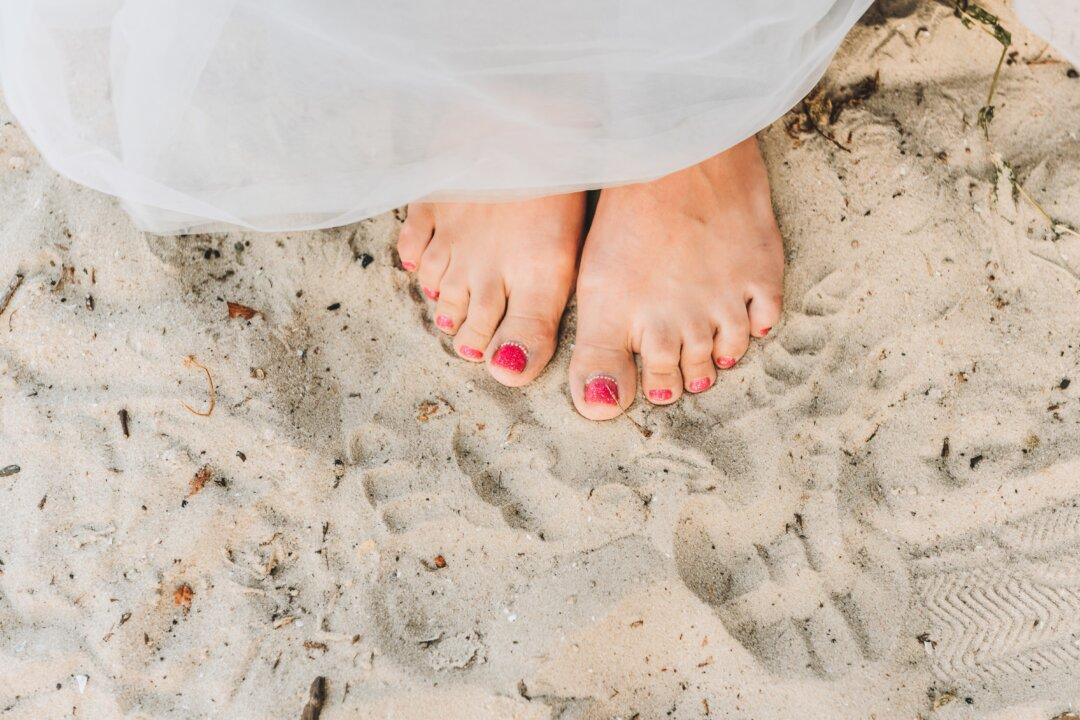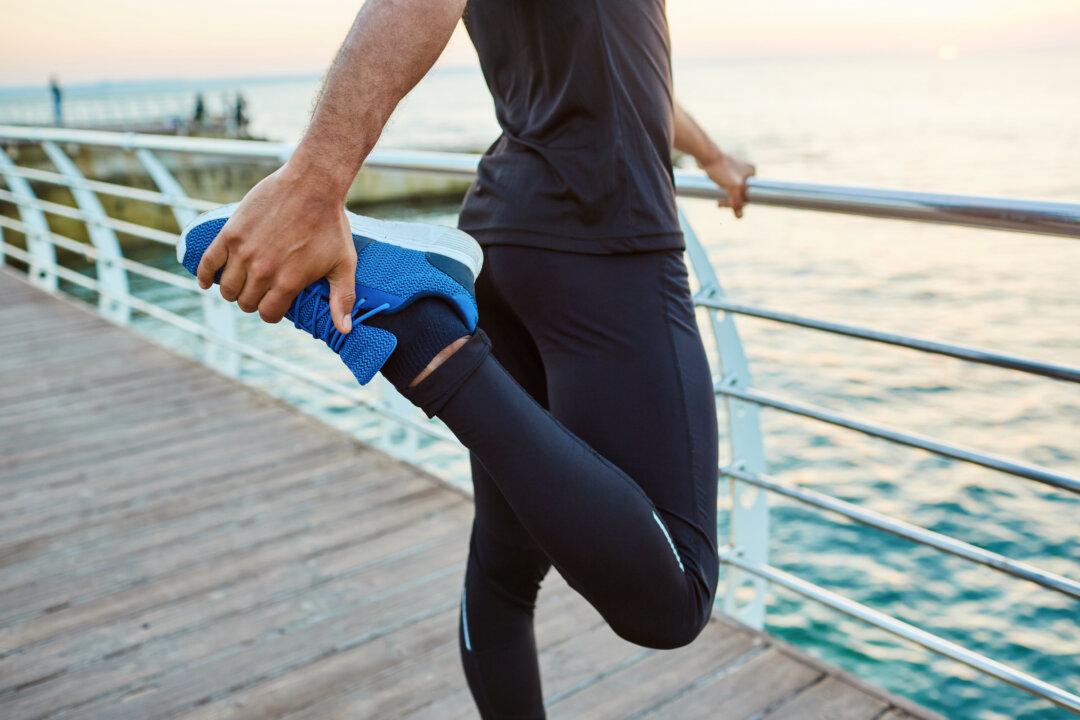Do you often get up in the middle of the night to use the restroom? Frequent urination at night, or nocturia, will affect your quality of sleep. It will not only make you languid the next day, but will also create health problems for you in the long run. If you get up more than twice per night to urinate, it might be a red flag in regards to your health.
Here are eight major causes of nocturia and their treatments:
- An aging bladder and enlarged prostate gland





